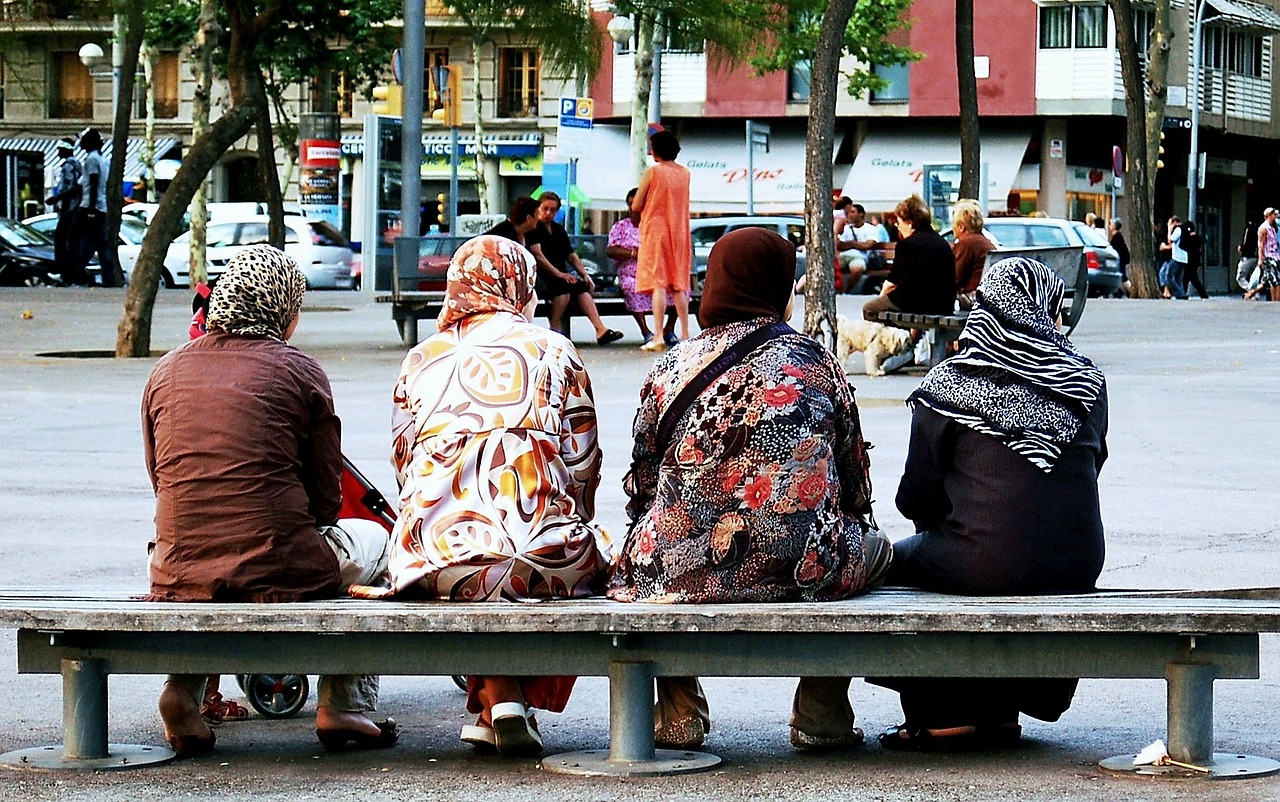
Ministry Updates
Loving, Not Fearing, Your Muslim Neighbor
February 1, 2016
by Mark Watson

Today, we welcome a long-term worker in the Middle East to the TEAM blog. He shares his thoughts on the unprecedented opportunity North Americans have today to engage in Muslim ministry. Because of governmental opposition to the Gospel and gospel workers in his region, his identity will remain anonymous.
When I was a newcomer to the Middle East 30 years ago, I quickly realized that effective communication requires interpreting language through the filter of culture. For example, the common phrase “Bukra, Insha’Allah” is easily translated as “Tomorrow, if Allah wills.” But with time and experience, I learned that in application, the real meaning is more like, “Maybe tomorrow, maybe not, maybe never, and if not, it is not in my control.” On some occasions, it could also mean, “Probably not, but it wouldn’t be polite to tell you so.”
Today, we no longer have to travel to the Middle East to experience firsthand the many differences between Western and Muslim cultures. The Muslim people and their culture are at our doorstep.
And this is an answer to prayer. For many years, Christians have prayed for the Islamic world to open up to the Gospel. The popular call was to “pray for the 10/40 Window.” Most of us never imagined the Lord would answer those prayers by bringing the 10/40 Window to North America. The Lord says in Isaiah 43:19 (NASB), “Behold, I will do something new, now it will spring forth; will you not be aware of it? I will even make a roadway in the wilderness, rivers in the desert.”
It seems that there is now a two-way wilderness roadway, bringing the Muslim people to Christians in vast numbers and in a variety of ways. For example, there are currently over 100,000 students from the Arabian Peninsula in universities all across the United States. Coming from one of the most closed Muslim regions, many of these students are eager to explore new ideas — including the claims of Christ. Even more than these are the large numbers of immigrants and refugees settling in North America.
How do we as Christians seize this unprecedented opportunity? How do we effectively engage with the Muslim people around us?
Pray Earnestly
We must be vigilant in prayer for Muslims and the Muslim world, including those right here in America. Many of us remember with amazement how Communism in Russia finally crumbled without a shot being fired. How long had Christians around the world prayed for that land to open up to the Gospel? Earnest prayer is essential to the spread of the Gospel among the Muslim people, both here and abroad.
Learn through Listening
Effective missionaries in any culture are learners, not just proclaimers. We need to learn all we can about Muslims and Islam. In Islam, religion and culture are inseparable. Did you know that Muslims often equate American culture with Christianity? Such propaganda is commonly taught in their schools. No wonder Muslims are often unwilling to consider the claims of Christ.
When we understand what Muslims think Christians believe, more fruitful spiritual dialogue results. In addition, knowing what Muslims believe about their own faith earns their respect and is a powerful tool for effective communication.
Knowledge can also disarm fear and alleviate suspicion. In light of recent developments around the world, fear of Muslims has gripped many Americans, even Christians. Violent retaliation has been offered by more than one prominent Christian as the solution. Conversely, a close Muslim friend recently told me that many Muslims in America are also afraid — that they can see and feel the resentment toward them as they walk down the street.
But that doesn’t mean Muslims don’t want to engage. I heard of an Arab student who arrived in America with a suitcase full of gifts for the families who would surely invite him into their homes. Four years later, he returned to his homeland with the same bag of gifts. Sadly, this scenario is the norm for most visiting Muslim students and even immigrants.
Build Authentic Friendship
Befriend Muslims the way you would anyone else, with intention and sincerity, but not with an agenda. If you see them as a project, they will sense it and pull back. When a Muslim observes that you have an authentic interest in them as a person, talking about religion and culture is a natural outcome. In many cases, it is much easier to talk about God with a Muslim than with the average American.
Helping them with conversational English is also a great way to show them love practically. There are many testimonies of Muslims who came to Christ because they experienced the genuine love of Christians.
The battle for the soul of a man or woman never has been and never will be won by human strength, but rather by God’s Spirit. We are called to be peacemakers, not slaves to fear, representing God’s love for the Muslim people by praying for them, by understanding and befriending them and by showing them love and respect.
No other generation in the history of America has seen such potential for making disciples of all nations right here in our nation. What a great way to train for overseas work, if that is your goal. Unprecedented opportunities abound to present the unchangeable Gospel of hope in an ever-changing cultural landscape.
There are many Muslims who want to find God. Let us seize the day, in God’s strength and for His glory! As Peter said in Acts 10:34-35 (NLT), “I see very clearly that God shows no favoritism. In every nation He accepts those who fear Him and do what is right.”
Related articles


